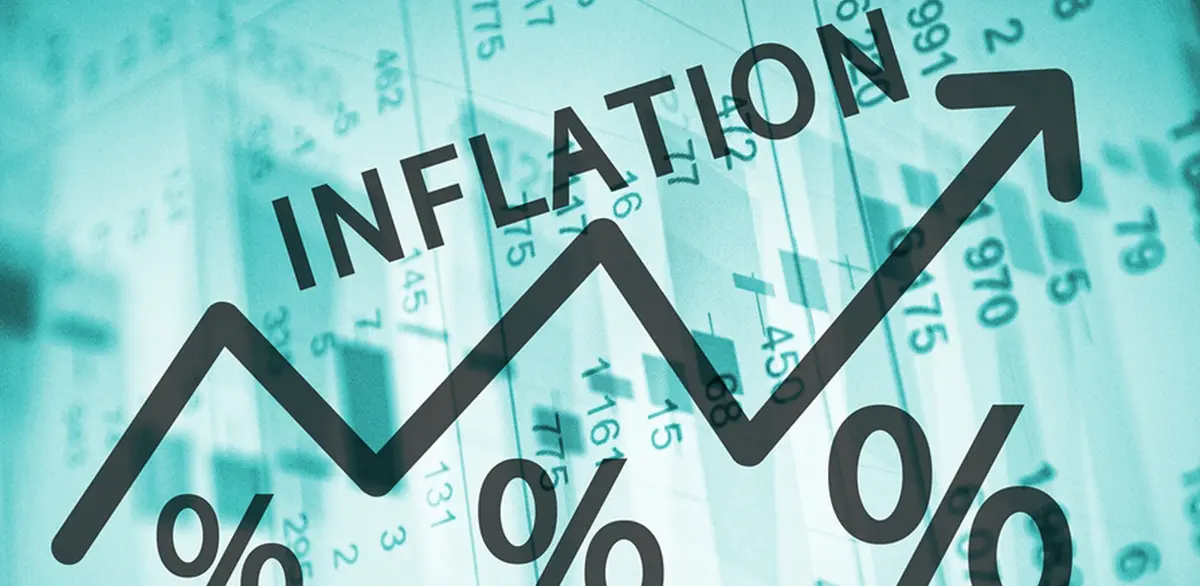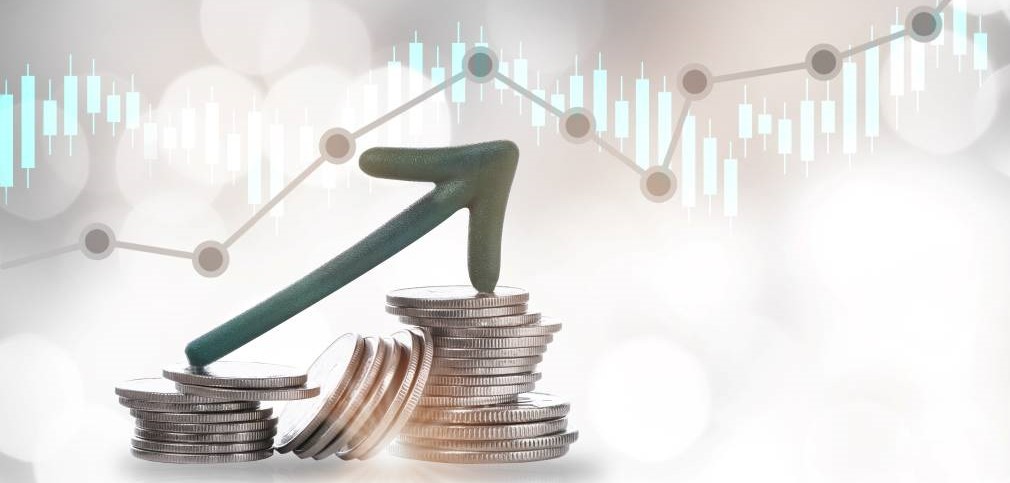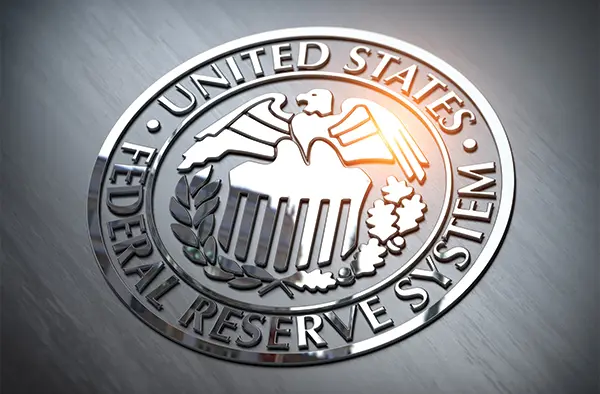How rising wages are influencing consumer spending patterns and the overall money flow in the economy

February 28, 2025
The relationship between rising wages, consumer spending, and money flow in the economy is one of the most important dynamics in macroeconomic theory and practice. Over recent years, wages have been rising in many sectors of the economy, spurred by a variety of factors, including inflationary pressures, labor shortages, and government policies. This article explores how these rising wages are shaping consumer spending habits and influencing the broader economic environment.
The Link Between Rising Wages and Consumer Spending 1. Increased Disposable IncomeThe most immediate effect of rising wages is an increase in disposable income. When workers receive higher paychecks, they are left with more money after meeting basic needs, such as housing, transportation, and food. This surplus often translates into increased consumer spending, as households are able to purchase more goods and services than they could previously afford.
Higher disposable income leads to an expansion in demand for both essential and non-essential products. From buying more groceries to splurging on luxury goods or services, consumers with greater financial flexibility typically spend more, fueling demand in the economy. This, in turn, stimulates economic growth, as businesses experience higher sales and the economy gains momentum.
2. Impact on Saving and Investment BehaviorWhile many consumers may choose to spend their increased income, others may decide to save or invest more, particularly if the wage increase is significant. Rising wages can lead to an increase in personal savings rates, as individuals and families start to feel more financially secure. This shift could encourage long-term investments, including retirement funds, stock market investments, or real estate purchases.
Increased saving can be positive for the economy in the long run, as it promotes the growth of financial markets and provides capital for business investment. However, if too many consumers decide to save rather than spend, it could dampen the immediate economic benefits that come from higher wages. The key lies in the balance between saving and spending, which can vary depending on broader economic conditions.
3. Shift in Consumer Spending PatternsRising wages also influence the types of goods and services consumers buy. As disposable income increases, people may shift from budget-conscious purchasing to higher-quality, premium products. This trend could benefit industries such as luxury goods, travel, and fine dining, which often see increased demand during periods of wage growth.
Moreover, a rise in wages can shift consumer preferences toward goods that were once out of reach. Homeowners may upgrade to larger homes, or consumers might purchase new cars or electronics. These spending shifts help stimulate sectors of the economy that are more sensitive to discretionary spending.
The Broader Economic Impact of Rising Wages 1. Business Growth and HiringWhen wages rise, businesses often see an immediate impact on their operations. Higher wages can lead to increased employee productivity and morale, as workers feel more valued and financially secure. This can result in higher output, better customer service, and improved employee retention.
In turn, businesses may need to hire more workers to meet growing demand, which leads to increased job creation and further wage growth. As wages rise across a variety of sectors, businesses may experience higher demand for their goods and services, spurring investment, expansion, and innovation. The added spending power in the hands of consumers drives business revenue growth, creating a positive cycle.
2. Inflationary PressuresWhile rising wages have positive effects, they also carry potential risks, particularly when it comes to inflation. As consumers spend more and demand for goods and services increases, businesses often raise prices to keep up with the added demand. If businesses raise prices too quickly, it can trigger inflationary pressures, where the general cost of goods and services increases across the economy.
Moderate inflation can be a sign of a healthy economy, as it reflects increasing demand for goods and services. However, if inflation rises too quickly, it can erode the benefits of rising wages. Consumers may find that while their incomes are increasing, the cost of living rises at an even faster pace, limiting the net benefit to their purchasing power.
The Federal Reserve typically monitors inflation closely and adjusts interest rates in response to rising prices. Higher interest rates can slow down consumer spending and borrowing, cooling off inflation but potentially dampening economic growth.
3. Labor Market Dynamics and Income InequalityRising wages are not experienced equally across all sectors of the economy. Workers in higher-paying industries, such as technology, finance, and healthcare, often see significant wage increases, while those in lower-paying industries, such as retail or hospitality, may experience slower wage growth. This widening gap can exacerbate income inequality, as the benefits of rising wages are not evenly distributed.
In some cases, businesses may struggle to maintain profitability when they are forced to increase wages across the board, leading to potential layoffs or reduced hours for workers. However, in the long term, it is generally believed that a rising tide of wages benefits the broader economy, as higher wages stimulate greater demand, which in turn supports economic growth and job creation.
The Effects on the Flow of Money in the Economy 1. Increased Velocity of MoneyThe "velocity of money" refers to how quickly money circulates through the economy. When wages rise, the velocity of money tends to increase, as consumers have more to spend. Higher consumer spending translates into more transactions, which boosts business activity, investment, and overall economic growth.
Increased spending drives economic expansion, with businesses investing in new projects and consumers purchasing more goods and services. This increased circulation of money leads to higher business revenue, wages, and more employment opportunities, reinforcing the cycle of economic activity.
2. Government Revenue and Public ServicesRising wages also have a positive impact on government revenues. With higher incomes, workers pay more in taxes, which increases the government's ability to fund public services and infrastructure projects. The additional revenue generated from higher wages can help reduce budget deficits and fund investments in key areas such as education, healthcare, and social services.
However, the rise in wages may also lead to increased demands for government assistance programs, particularly if inflation outpaces wage growth. In such cases, the government may need to adjust policies to ensure that low-income workers continue to have access to essential services and support.
How Rising Wages Affect Consumer Behavior: A Summary
The role of U.S. investment policies in ensuring financial security and market resilience
U.S. investment policies play a crucial role in shaping financial stability by influencing capital markets, interest rates, and economic growth. Regulatory frameworks and government interventions determine risk levels, investor confidence, and long-term economic sustainability

Understanding the impact of interest rate changes on investment decision-making
Interest rate changes have a significant influence on investment strategies. Whether through the stock market, bonds, or real estate, shifts in rates affect asset prices, investor behavior, and portfolio diversification. Understanding these dynamics is essential for making informed, profitable investment decisions

Understanding how inflation trends influence U.S. investment strategies
Inflation trends play a critical role in shaping U.S. investment policies. From adjusting interest rates to influencing asset classes like bonds, equities, and real estate, inflation trends affect economic decisions across the country. Investors must stay informed about inflation to navigate investment policies effectively and protect their portfolios

Exploring the impact of government spending on market trends and investor behavior
Government spending plays a pivotal role in shaping investment markets. From fiscal stimulus packages to infrastructure investments, the allocation of government funds can drive market movements and influence investor sentiment. This article delves into the ways government spending impacts various sectors and markets, offering insights for investors

An in-depth look at the changes to capital gains tax laws and what investors should expect in 2025
As 2025 approaches, changes in capital gains tax laws could impact investment strategies for individuals and institutions. This article explores the key updates to tax policies and offers insights into how these changes may affect your investment portfolio

Understanding how Federal Reserve decisions impact investment trends and economic stability
The Federal Reserve plays a crucial role in shaping investment growth by adjusting interest rates, regulating money supply, and influencing market liquidity. Its policies determine the cost of borrowing, stock market trends, and overall economic expansion, making it a key driver in investment decision-making

An exploration of the impact of U.S. economic policies on investment strategies and trends
With shifting U.S. economic policies, investors are adjusting their strategies to respond to new market dynamics. This article explores the key policy changes and their influence on investment decisions

Understanding how tax policies shape investment strategies and financial growth
Tax regulations play a crucial role in determining investment returns by affecting capital gains, dividends, and corporate profits. Changes in tax laws influence investor behavior, asset allocation, and long-term financial planning, making it essential to stay informed about evolving policies

Learn how U.S. monetary policies influence investment decisions and market trends
U.S. monetary policies, driven by the Federal Reserve, play a significant role in shaping investment opportunities. Understanding interest rates, inflation control, and liquidity measures helps investors make informed decisions and optimize portfolio returns in varying economic climates
The Atlantic Daily
Get our guide to the day’s biggest news and ideas, delivered to your inbox every weekday and Sunday mornings. See more newsletters
.webp)
Ideas That Matter
Subscribe and support more than 160 years of independent journalism.
Subscribe